Dec 24, 2019
FSSAI to finalise in 2 mths regulations to ban sale, ad of junk foods in schools, within 50 m of campus
New Delhi, Dec 23 () Food regulator FSSAI is likely to finalise within the next two months its proposed regulations to ban sale as well as advertisements of junk foods in school canteens and within 50 metres of school campuses, its CEO Pawan Kumar Agarwal said on Monday.
The Food and Standards Authority of India (FSSAI) had in November issued draft 'Food Safety and Standards (Safe Food and healthy diets for School Children) Regulations, 2019'. It had sought comments from stakeholders in 30 days.
"We have received comments from various stakeholders and we are now compiling these suggestions. A technical committee will look into these recommendations," Agarwal said.
He said it would take around 1-2 months to finalise the regulations and then the same would be sent to the health ministry for the final approval.In its draft regulations, the FSSAI had said that "foods which are referred to as foods high in fat, salt and sugar (HFSS) cannot be sold to school children in school canteens or mess premises or hostel kitchens or within 50 metres of the school campus".
The food business operators (FBOs) manufacturing HFSS food products would be barred from advertising such foods in school premises or within 50 metres of the school campus, it added.
The school authority itself or food business operators (FBOs) contracted by it and FBOs contracted by Department of School Education for operation of the mid-day meal scheme will have to "obtain a registration or licence" as applicable and comply with the requirements of sanitary and hygienic practices specified under the food safety law.
The FSSAI has proposed that school authorities will have to adopt a comprehensive programme for promoting safe food and healthy diets among school children. The school campus should be converted into 'Eat Right School' focusing safe and healthy food, local and seasonal food and no food waste as per the specified benchmarks.
"Encourage school authorities to promote consumption of a safe and balanced diet in the school as per the guidelines issued by the National Institute of Nutrition (NIN)," the draft regulation said.
The school authorities would have to ensure that FBOs supplying prepared meals in the premises are on the basis of general guidance provided in the regulation and as per the direction issued by the Food Authority or the Commissioners of Food safety.Nutrionists, dietitians must be engaged by the school administration to assist in the preparation of menu for the children, periodically.
"FBOs to support healthy eating in schools and not market, sell, or give away low- nutrition foods anywhere on school campus, including through logos, brand names, posters, textbook covers etc," the draft said.
It also prescribes regular inspection of premises to ensure that safe, healthy and hygienic food is served to students
The FSSAI proposes creation of a sub-committee by the State Level Advisory Committee to monitor the implementation of this regulations and to ensure availability of safe and wholesome food to school children."A healthy food make our kids feel better, grow better and learn better and right eating habits can be engrained in the children from a young age. At the heart of these regulations is a fundamental idea to make it clear what is healthy for children and what is not," the regulator had said.
Quality quotient - Soon, hotels in city to be rated for hygiene, safety
Akin to ratings in food aggregator apps like Swiggy or Zomato, that affects customer behaviour and choices, now hotels, restaurants, darshinis, fine dining places, cafeterias and sweet stalls can get a rating from the country’s apex food regulator.
On Monday, Karnataka Food Safety Commissioner Manjushree N, held a meeting with around 50 hoteliers and owners of sweet stalls to discuss the implementation of hygiene rating and the right place to eat scheme.
The country’s apex food regulator Food Safety and Standards Authority of India’s (FSSAI) hygiene rating scheme is an online transparent rating system, which aims to allow consumers to make informed choices about the places where they eat and encourage businesses to improve their hygiene and nutrition standards. Thus reducing the incidence of food-borne illness.
The scheme is on the lines of the Food Hygiene Rating Scheme in England and Scores on Doors star rating system in Australia.
Under the scheme, food businesses first do a self-assessment and generate hygiene ratings. Then, it is validated by anyone of the 21 hygiene rating audit agencies empanelled with the FSSAI or a food safety officer of the FSSAI.
They generate a separate set of ratings on the basis of their inspections. Food businesses can download and display this.
Food businesses are rated based on food hygiene and safety conditions found at the time of inspection, and given a score between one and five according to their hygiene and food safety compliance.
Among the 21 hygiene rating agencies, four are headquartered in Bangalore — NXG Food Safety Works, HSR Layout; GreenTick Food Private Limited, Whitefield; Prime Certification and Inspection India Pvt Ltd, HRBR Layout; and TUV Inter Cert SAAR, Malleswaram.
The Bruhat Bangalore Hotels Association (BBHA) that was a part of the meeting, according to its website, has 1,500 members, 365 cafes and bakeries, 114 fine dining places and 1,021 darshinis as its members.
Expensive ratings
P C Rao, president of the association, told DH: “Hygiene rating agencies are expensive. So we have asked the government to do the audit themselves. We have no problem with being audited and rated.”
Manjushree told DH: “Hygiene rating makes it the right place to eat from consumers’ point of view. The audit costs Rs 5,000 to Rs 15,000 depending on the size of the establishment. Only one or two have said this but the majority have agreed. It is their concern. If anybody wants the FSSAI to do the auditing, we will ask our food safety officers to do.”
What the Hygiene Rating
Agencies say
Dr Umakant Dubey, General Manager, Management Certification, Food Safety and Regulatory Affairs at TUV InterCert Saar India, one of the Hygiene Rating Agencies told DH that the reason the scheme hasn’t taken off is because hotels are not willing to pay for the audit. “Our audits cost Rs 8,000. We cannot do audits in Rs. 2,000 as it doesn’t cover even the travel charges of our auditor. We haven’t audited any hotel in Karnataka so far,” Dubey said. None of the other three HRAs DH spoke to has been approached by any hotel for an audit
Quality check drive’s first phase concludes
Kozhikode: The first phase of the quality-check drive conducted by the district food safety department covering a total of 169 bakeries, cake and wine manufacturing units in Kozhikode district concluded here on Monday.
The drive aims to ensure that customers of Christmas and New Year festival season get quality food items.
The food safety department had detected 84 establishments with anomalies and has issued them with notices for violating norms of Food Safety and Standard Act and for functioning illegally without a proper license.
The food safety officials have collected a fine to the tune of Rs 1.87 lakh in various categories during the inspection. The inspection was conducted dividing the district into three zones of Kozhikode, Vadakara and Thamarassery taluks.
The inspection was conducted under the leadership of the food safety officer. The officials have also collected two statutory samples and seven surveillance samples during the drive.
The food safety department also shut down two bakeries, one at Puthiyapalam and the deluxe bakery unit in front of new bus stand for functioning in unhygienic conditions.
The food safety commissioner has directed the two units to take up rectification of detected anomalies to reopen it. The department is also taking up the complaints and tip offs provided to it by the public through its toll-free number: 18004251125.
The public can also report the complaints to its landline number: 0495-2720744.
Food safety assistant commissioner P K Aleyamma said that the first phase drive concluded here on Monday. “The second phase drive will commence on December 24 and it will be concluded on December 31. We have decided to take stern action during the second phase drive and file adjudication cases against repeat offenders. No leniency will be given to them,’’ said Aleyamma. “We have also received eight complaints from the public about the quality of the food items and the department has initiated an inquiry into it. The public can also submit the complaints in person or over the phone,” said the assistant food safety commissioner.
Food safety vigil stepped up in Kozhikode ahead of Christmas
With cakes in huge demand ahead of Christmas and New Year, the Food Safety Commissionerate has issued strict guidelines to cake making units.
Squads raid 169 outlets, collect ₹1.87 lakh in fine; notices served on 84 units
The Commissionerate of Food Safety, as part of the Aardram public campaign, has stepped up vigil against supply of adulterated and contaminated food by cake-making units and bakeries during Christmas and New Year seasons.
At the end of the first phase of inspections on Monday, the three food safety squads in the district collected ₹1.87 lakh in fine from various establishments.
Over the last few days, the squads conducted inspections at 169 outlets and served notices on 84 of them for either violation food safety norms or failure to produce licences. Two statutory samples and seven surveillance samples have been sent to the Regional Analytical Laboratory for further examination.
While two bakeries in Kozhikode were temporarily shut down, a few other establishments that were served notices were advised to rectify their mistakes. The proprietors were directed to report at the Office of the Food Safety Assistant Commissioner in two days.
The second round of inspections will begin on Tuesday. Strict action, including adjudication cases, will be taken based on the Food Safety and Standards Act against establishments found repeating mistakes, Food Safety Assistant Commissioner P.K. Aleyamma said.
The commissionerate has acted upon as many as eight complaints from the public under the Aardram campaign. Complaints can be filed through the toll-free number 18004251125 or the district office number 04952-720744
In a circular issued earlier, the commissionerate had directed operators to obtain food safety licence before venturing into cake making during the season. Even temporary units need licence. Besides, the quality of water used by cake-making units should be ascertained through testing. The commissionerate had insisted that employees should be medically fit, and that the premises of units should be kept clean. According to the circular, raw materials should be legally labelled.
The commissionerate had also advised against use of artificial colours, vanaspathi, and packing of food in printed paper.
Ludhiana: ADC directs health officers to give special emphasis towards food safety
LUDHIANA: Additional Deputy Commissioner (General) Iqbal Singh Sandhu on Monday directed all SMOs and CDPOs to work jointly so that all health-related government schemes and programmes of Punjab government are implemented in the district effectively. He said that both SMOs and CDPOs should hold joint meetings regularly so that positive results can come out. Sandhu said this while chairing a meeting of District Health Society for the month of November 2019 at Bachat Bhawan, here on Monday.
During the meeting, Sandhu directed the health department officials to carry out timely surprise checks of all schools and government offices of Ludhiana district so that samples to check purity of drinking water there can be checked. And if any person is found violating the rules, then strict action should be taken against them. The ADC also asked the health department to carry out regular checks of hotels, restaurants and all other places selling eatables so that food safety is ensured and that residents get only good quality eatables.
Civil surgeon Dr Rajesh Kumar Bagga informed that in the month of November, a total of 65 ultrasound centres were checked in the district, out of which show-cause notices have been issued to 4 centres. He said that efforts are being made to reduce the number of deliveries at home.
He further informed that women opting for deliveries in government hospitals get Rs 700 in case of rural areas and Rs 600 in case of urban areas. He said that free immunisation of children aged 0-5 is carried out and Mamta Diwas is celebrated in Anganwadi centres on every Wednesday. He informed that under School Health Programme, regular health checkups are carried out in schools and Anganwadi centres. During the meeting, the ADC (General) also reviewed the progress of several other health schemes run by the state government.
Myths related to organic food and why it remains the best option
01/7The growing demand of organic food
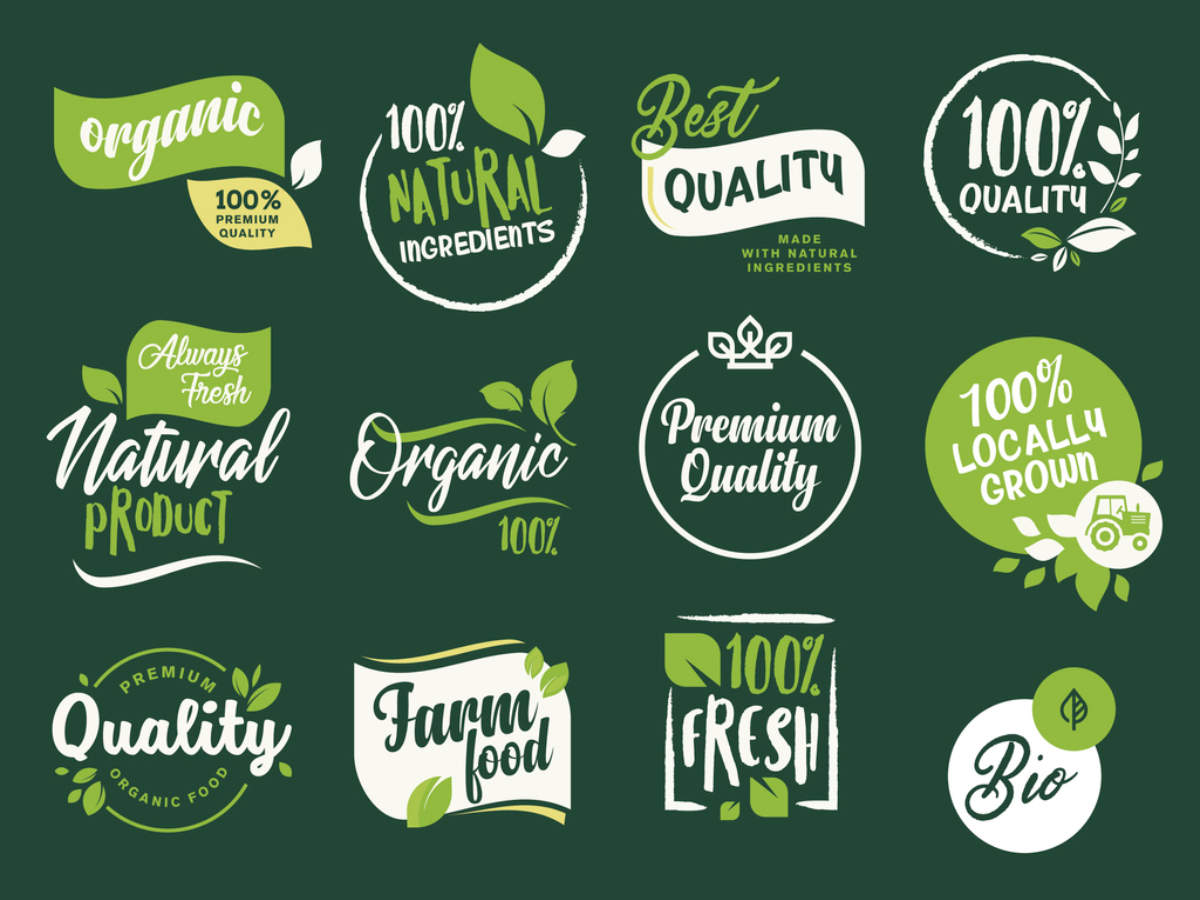
With growing consciousness amongst people about the side effects of artificial chemicals on food production, people are getting inclined towards organic food. The sector is gaining significant acceptance from masses where the demand is not only confined to urbanites of metro cities, but is gaining rising momentum from even Tier 2 and 3 cities.A recent report states that the organic products market in India is growing at a CAGR of 25% and is expected to touch INR 10,000 - 12,000 crore by 2020 from the present market size of INR 4000 crore. Changing consumer behavior, growing awareness amongst people, easy accessibility to product information, value for money, trust and credibility are some of the key factors impacting the growing demand for organic food.
02/7Myths surrounding organic food
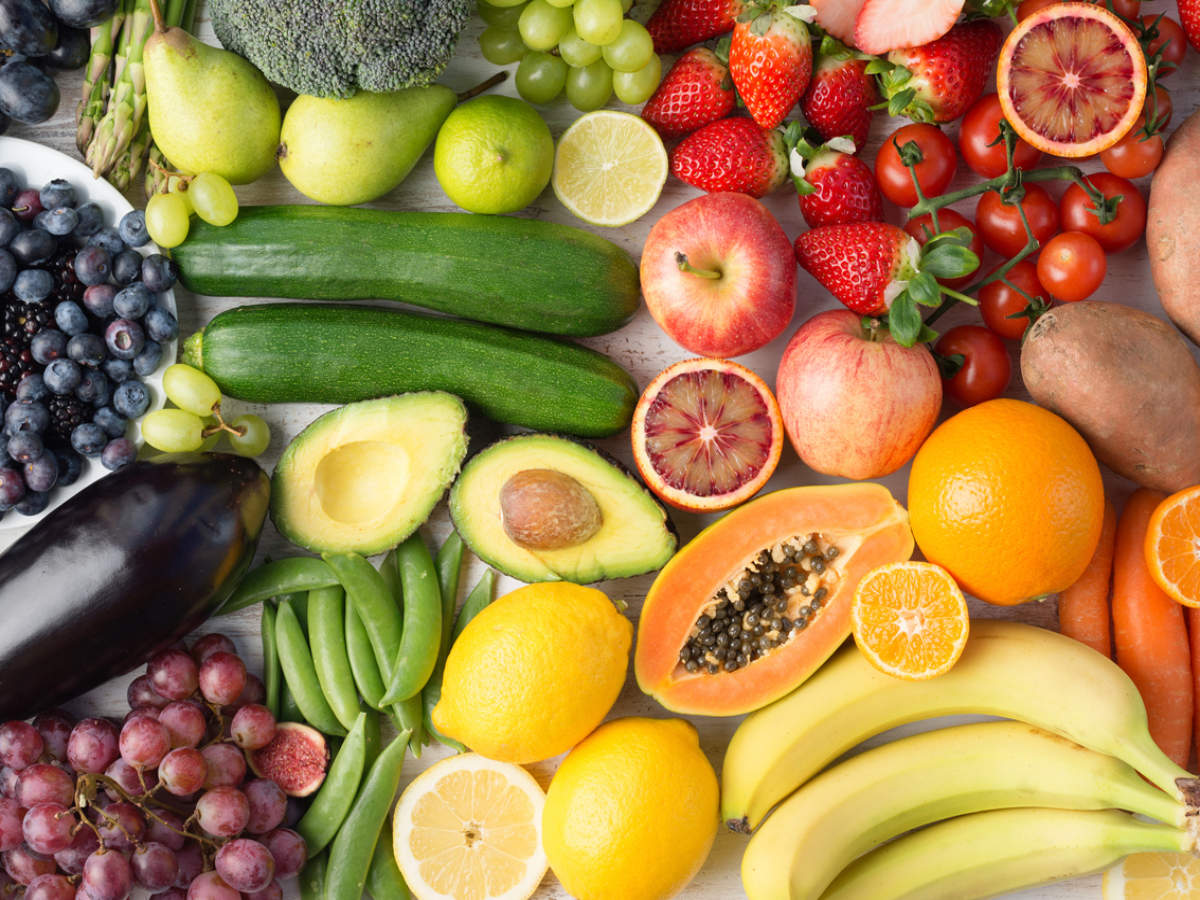
Industry trends have shown that with growing popularity in a product, trend or belief, there is usually a parallel growth in myths and misconceptions around it. The organic food industry in India has been witnessing its share of myths in the last five years. Here are such myths which negatively impact consumer sentiment and can build pessimism towards organic food consumption.
03/7Uncertainty around organic food labeling
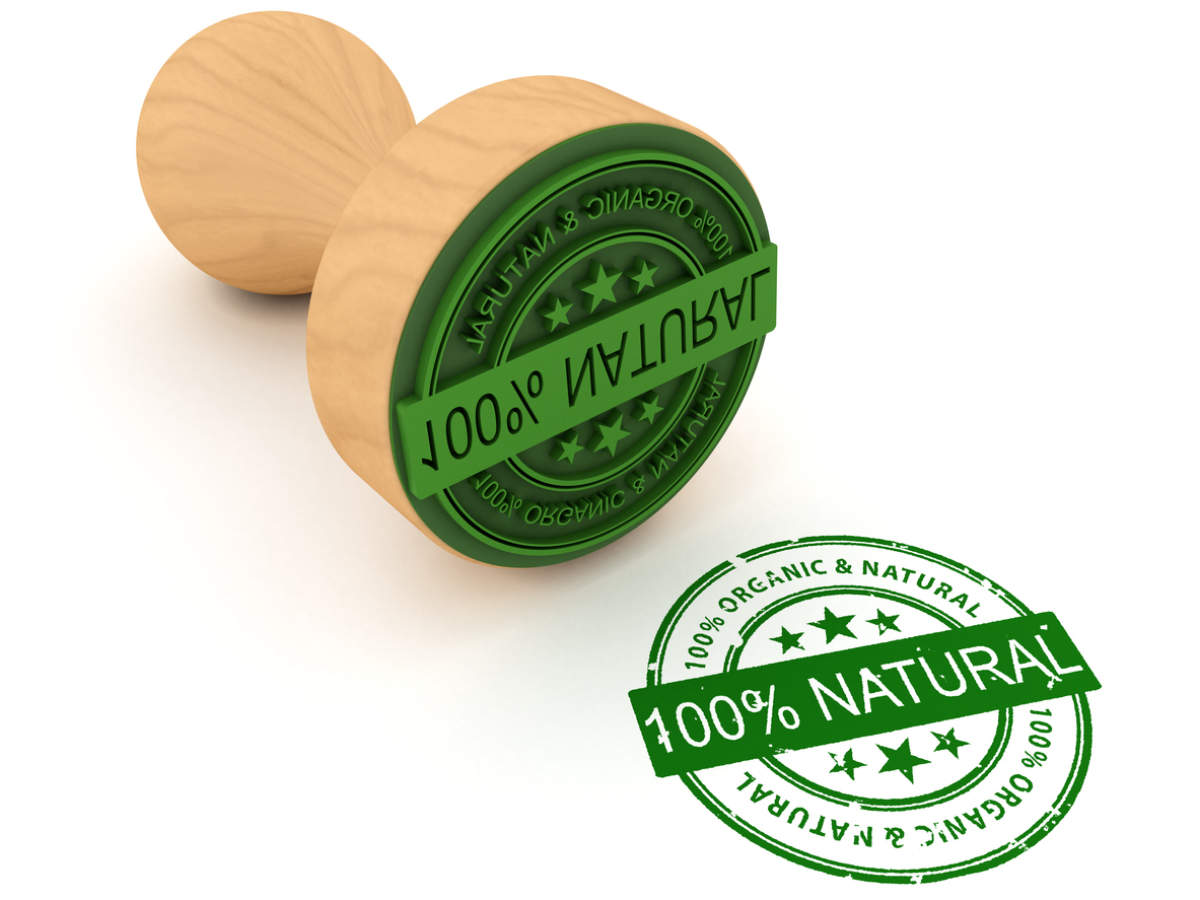
Myths around organic food labeling are one of the most heated topics of discussion. Consumers are uncertain about the credibility of labels. Usually, the label stating 95% of organic ingredients highlight some amount of pesticide content in it. Similarly, ‘Made with organic ingredients’ usually means that 70% of the ingredients are organic, and ‘100% Organic label’ suggests that the food product grown is organically grown and produced.
04/7Organic food is a marketing strategy
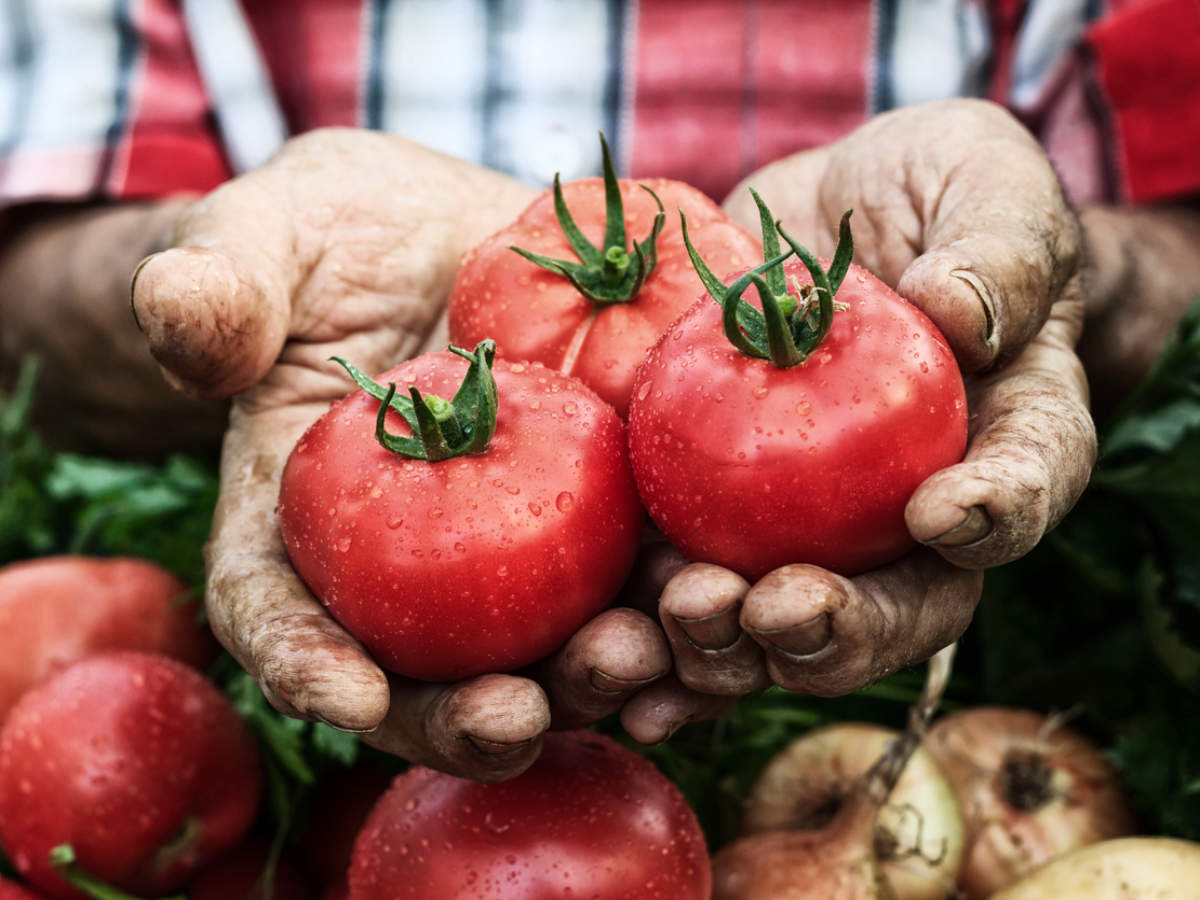
There has been a growing perception that organic food is a marketing strategy, where the food hardly offers any additional health benefit, but it is sold at higher market prices. Research proved that the level of toxins and pesticides in organic food is significantly less than conventionally grown food. In addition to this, organic food does not involve traditional farming but combines scientific methods of ecology and modern technology which helps in creating food safety, biodiversity and in building the best produce.
05/7Organic food is too expensive
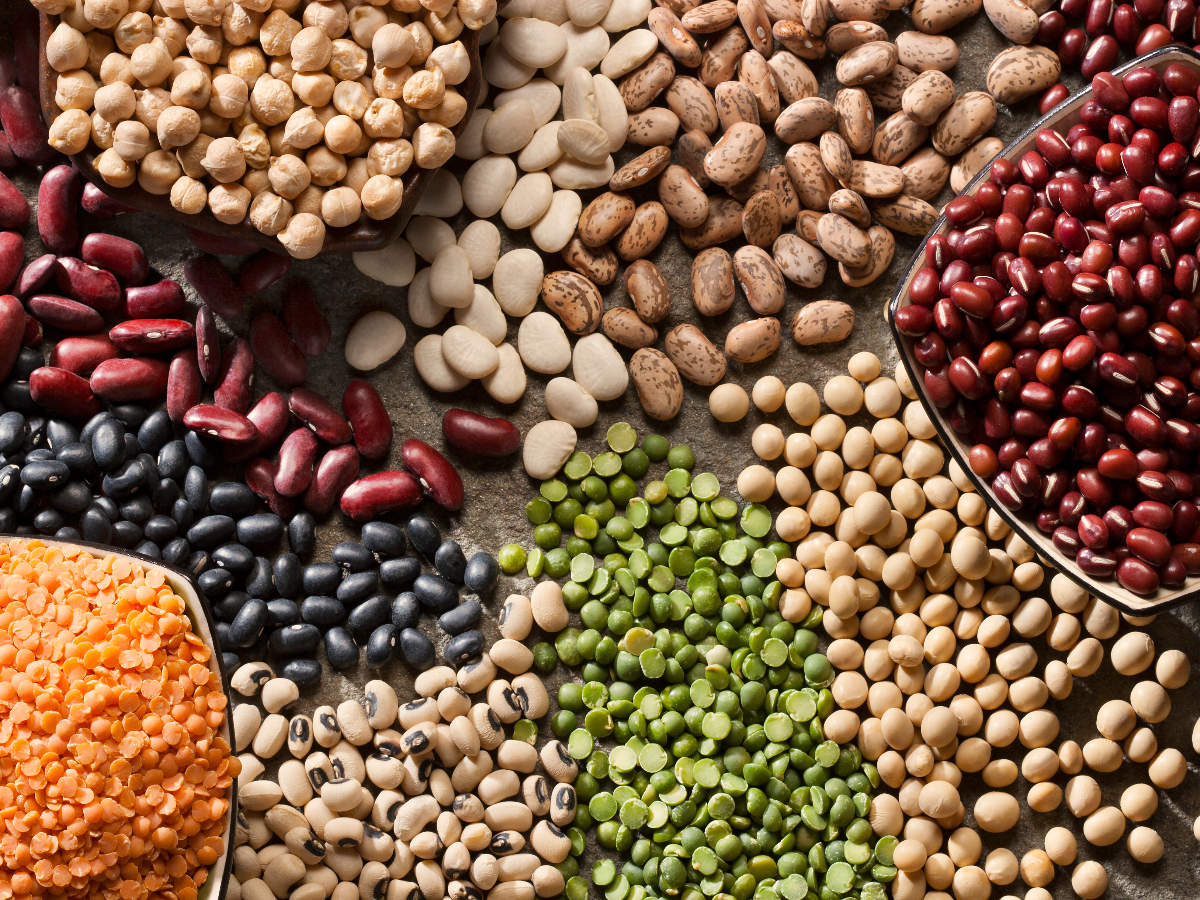
While organic food is gaining popularity, there is a downtrend which comes with the consumer perception of the food being highly priced. It is true that in some stores or big retail chains, brands and retailers put a premium price on the products, but there are stores and markets where one can buy organic food at the same price or a negligibly higher price, which does not impact the affordability of consumers. There is also some organically produced food which costs less than its non-organic counterpart.
06/7There are no significant nutritional benefits in organic food
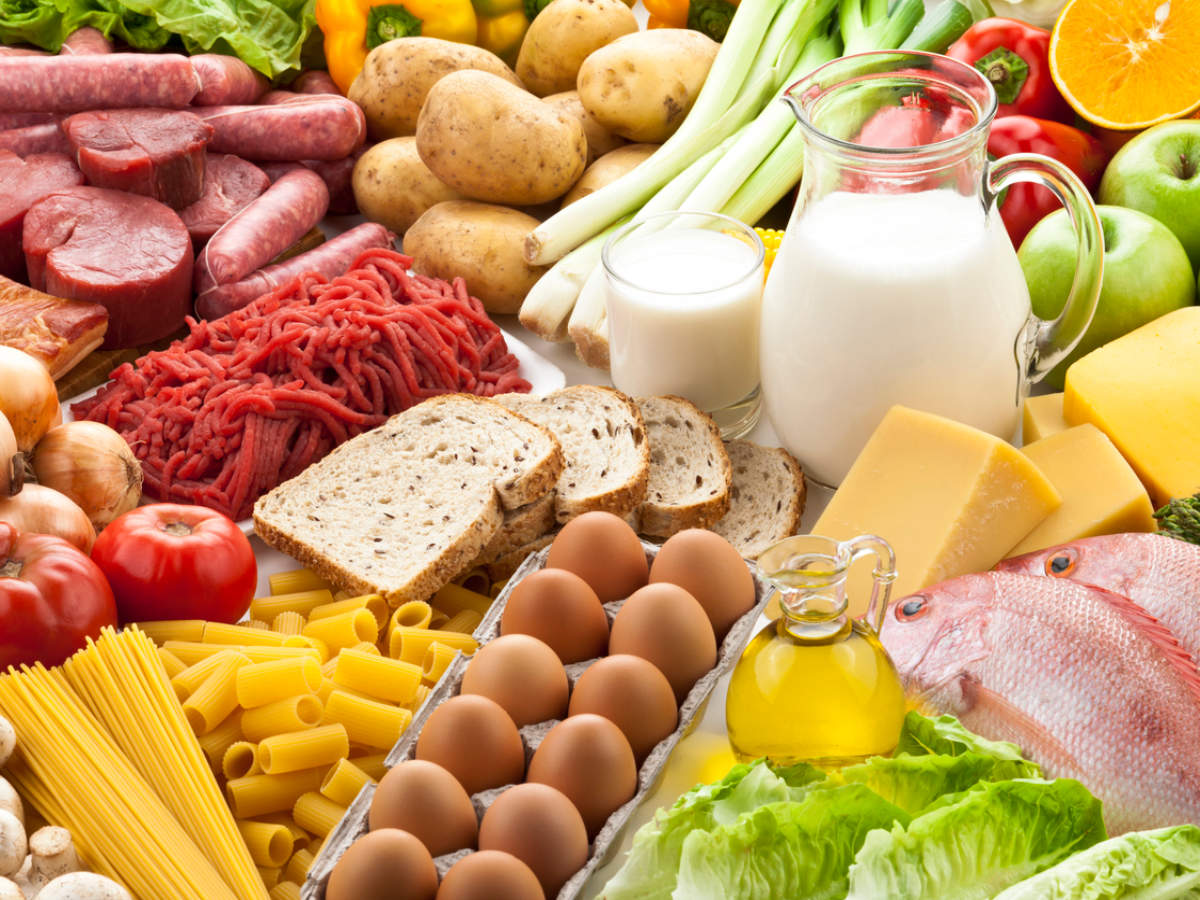
While both organic and conventional food may be at a similar risk of bacterial contamination; organic food over the years has proved its worth in terms of higher nutritional content. As per reports and studies, organic food provides significantly higher levels of vitamin C, iron, magnesium, and phosphorus. Organic food is also significantly lower in nitrates and pesticide residues, has greater antioxidant activity, and is more potent in suppressing toxic compounds.
07/7Bottomline
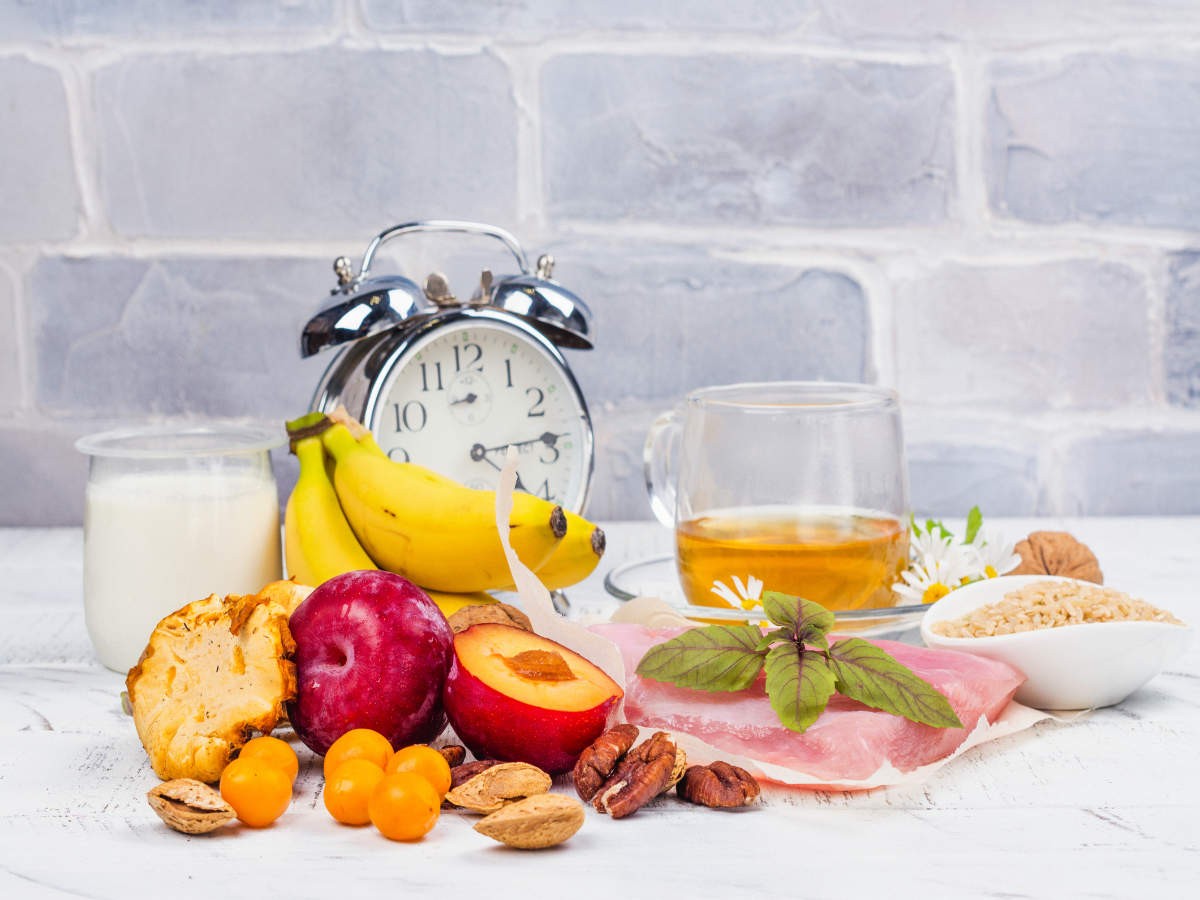
While organic food is expected to turn out into a huge market in India, it is important that consumers are aware of the industry. The organic industry lacks the trust and this can be created by providing the right messaging, resources, technology and stringent punishments for the offenders.The government can act as a catalyst with the right kind of regulations and initiatives.
Subscribe to:
Comments (Atom)



